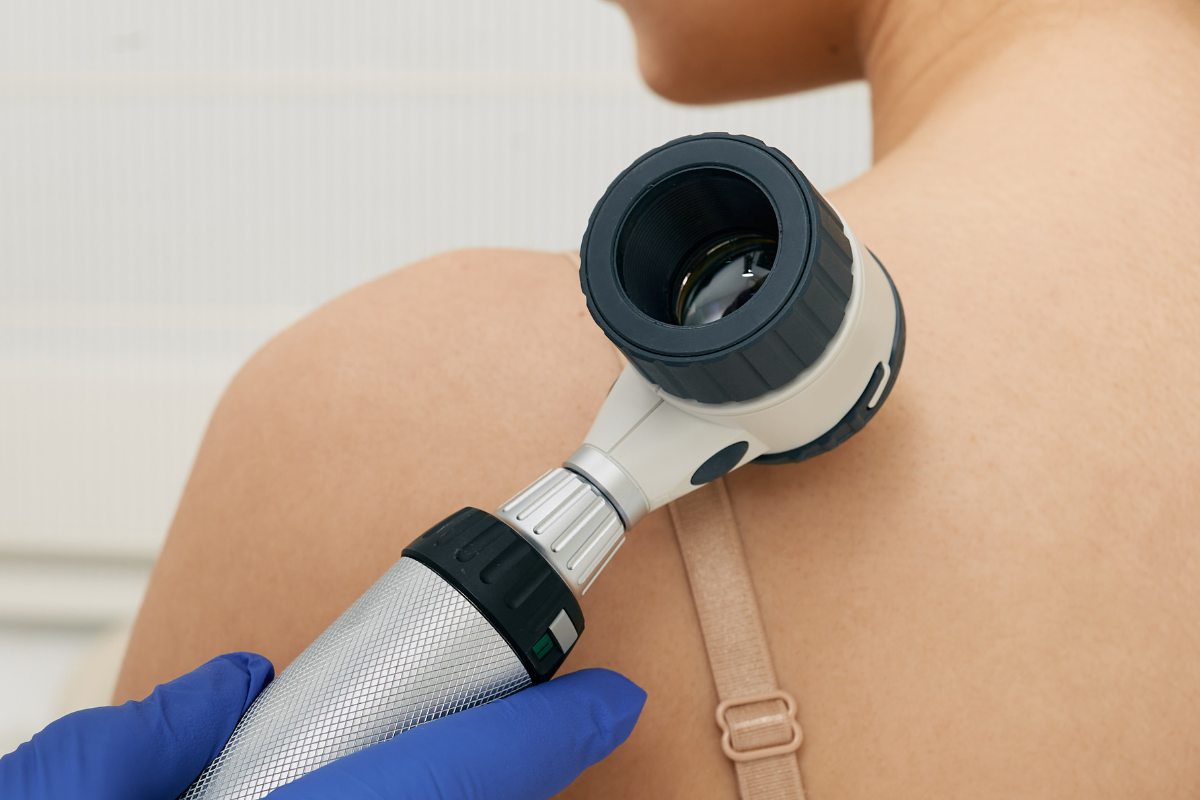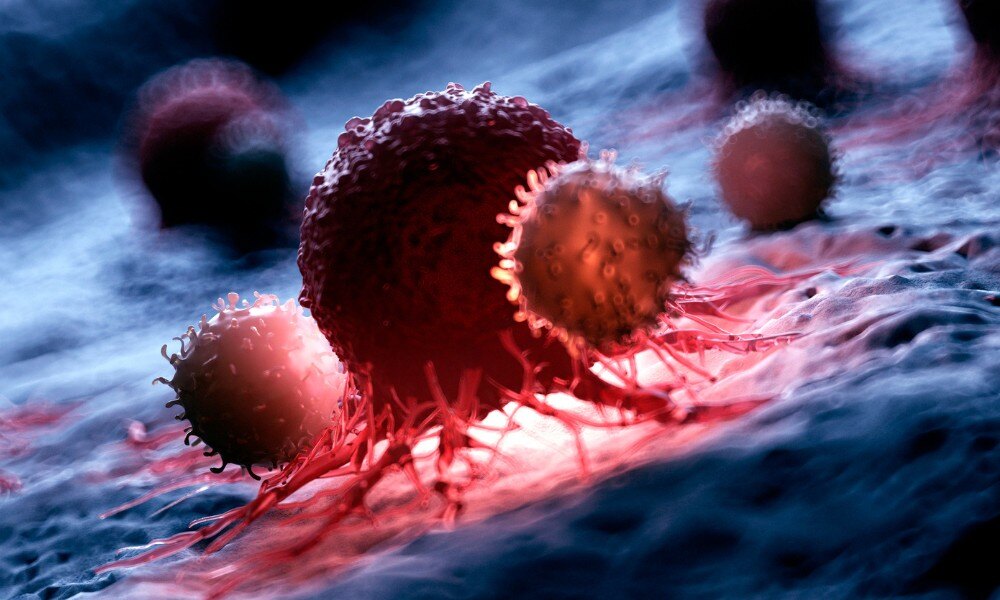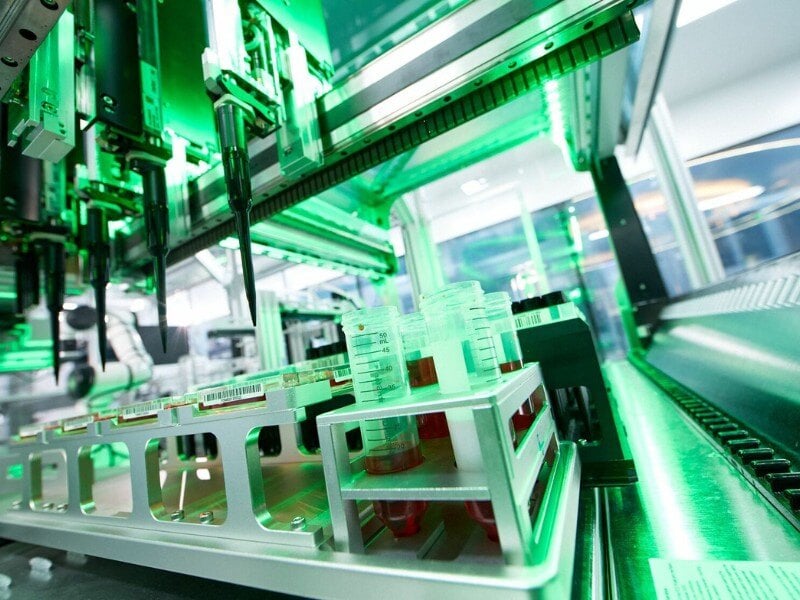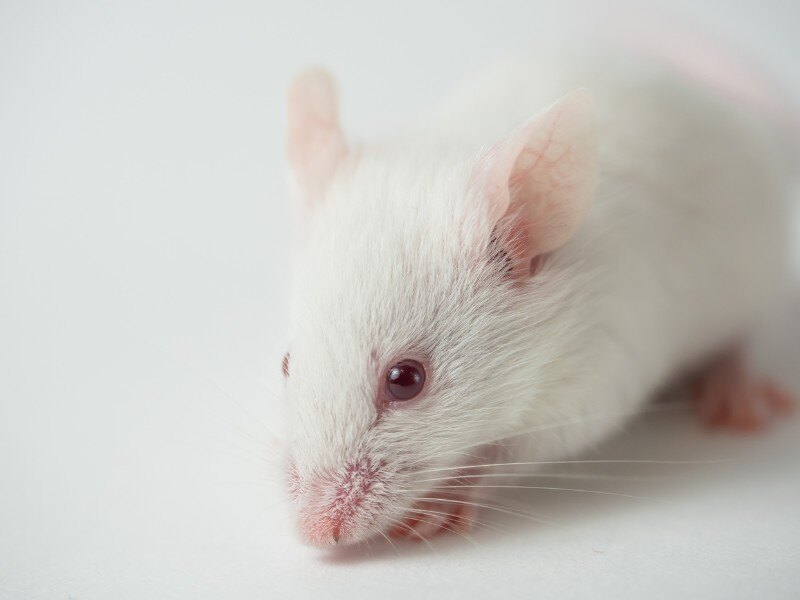Patients Enter Clinic for Phase III mRNA Immunotherapy for High Risk Melanoma

Merck and Moderna have started recruiting for a phase III trial testing their personalised cancer therapy for high risk melanoma, V940, in combination with pembrolizumab (KEYTRUDA). The trial will study the safety of V940 and its ability to prevent melanoma from recurring after surgical removal.
It will commence at University College London Hospitals (UCLH) and is supported by the National Institute for Health and Cancer Research (NIHR). The UCLH team will test the world's first personalised mRNA-based cancer vaccine for melanoma, the most dangerous type of skin cancer. Each year, 8,400 new cases are reported in the United Kingdom, making it the fifth most common kind of cancer.
RELATED:
- Cancer Vaccines: Analysing the Resurgence
- Oncolytic Virus Immunotherapy: A Revolutionary Approach in Immuno-Oncology
- AI-Guided Personalised Cancer Vaccine Designated Fast Track by FDA
The UK's Secretary of State for Health and Social Care, Victoria Atkins, said: "The UK is once again at the forefront of innovation with today's potentially lifesaving melanoma treatment. Backed by government support through our strategic partnership with Moderna and the development of the Vaccines Innovation Pathway, we are helping to deliver these vital vaccines to save lives and support the NHS."
Clinicians will compare the outcomes of patients that receive V940 with pembrolizumab or pembrolizumab on its own. Participants in the trial will all have had a melanoma removed surgically. Patients will then receive an intramuscular injection of V940 or placebo every three weeks, up to nine times, and an intravenous injection of pembrolizumab every six weeks, also up to nine times. The trial states that treatment "will continue until disease recurrence or unacceptable toxicity, or for a total treatment duration of up to approximately 56 weeks, whichever is sooner."
V940 is an individualised neoantigen therapy (INT): a type of immunotherapy that trains a patient's immune system to attack cancer cells. INTs are a form of cancer vaccine; V940 contains the mRNA to transcribe a specific neoantigen expressed by that particular patient's cancer. Therefore, the immune system can learn to recognise the cancer by this neoantigen, and hopefully, mount a more effective defence.
Results from a previous phase IIb trial which tested V940 and pembrolizumab in melanoma were announced in The Lancet in January of this year. They found that the combination of therapies "improved recurrence-free survival and distant metastasis-free survival versus pembrolizumab monotherapy." The study saw risk of recurrence and death after three years drop by 49% with the treatment, compared to standard care.
The UK's Vaccine Innovation Pathway (VIP), an initiative from the NIHR, helped to support the trial by offering the technologies and processes that optimise setup and patient recruitment. NIHR CRN National Specialty Lead for Early Phase Cancer Research, Professor Sarah Danson, said: "The UK Vaccine Innovation Pathway is recognised for its global leadership in accelerating clinical trials for personalised mRNA vaccines. This success reflects the efficiency and effectiveness of the UK's clinical trials system in delivering innovation for the benefit of cancer patients.
Dr Matt Hallsworth, NIHR Director of Strategic Partnerships, said: “We are delighted to be supporting this groundbreaking study through our NIHR research delivery infrastructure. NIHR's sustained investment in expertise and research capability has enabled the UK to be at the forefront of supporting these globally innovative trials.”







